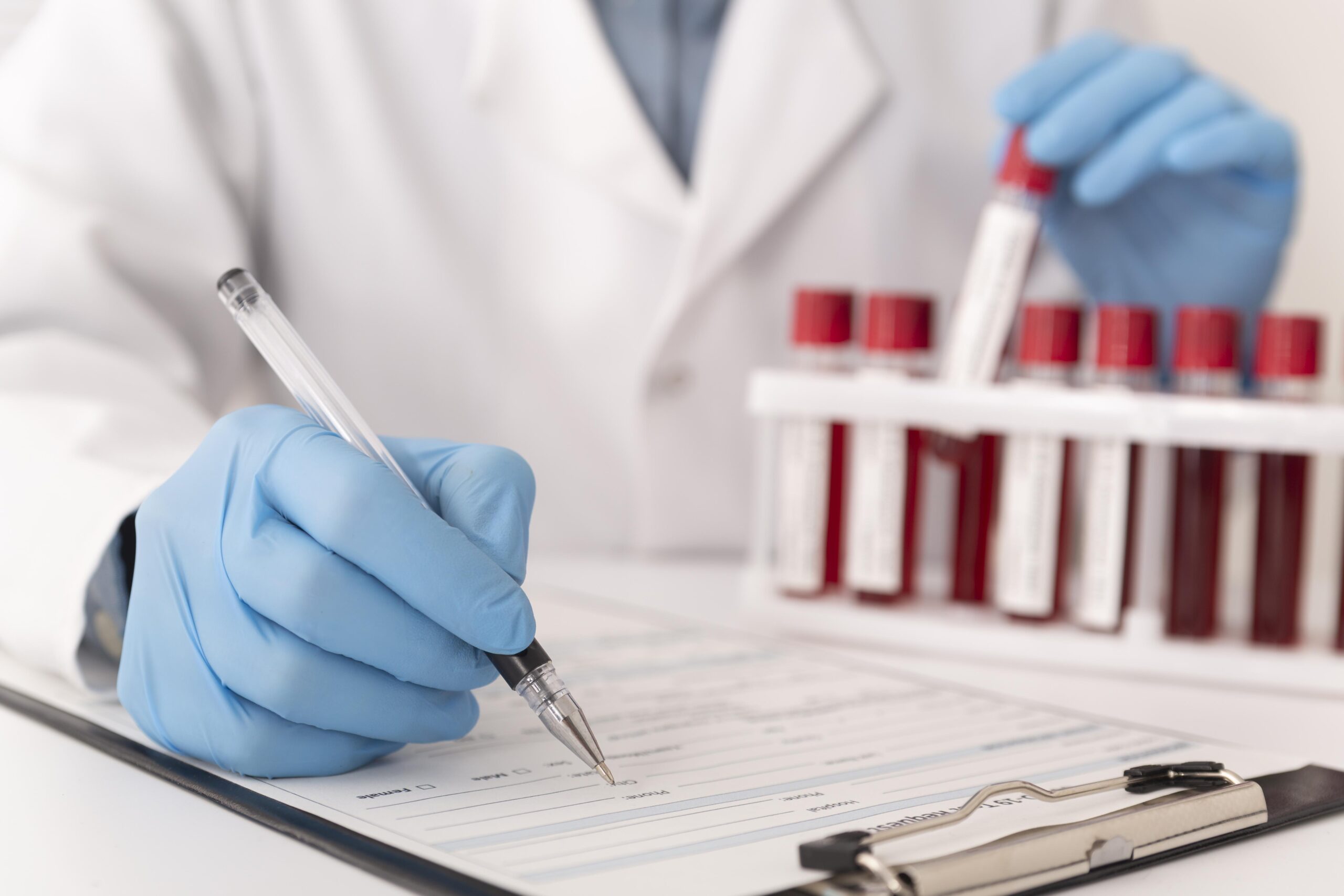What is the BUN Test?
The BUN test, or blood urea nitrogen test, measures the amount of urea nitrogen in your blood. Urea nitrogen is a waste product made when your body breaks down protein. Your kidneys remove this waste from your blood. Because of this, the BUN test helps check how well your kidneys are working. Many doctors use this test as part of a routine health check.
Why is the BUN Test Done?
Doctors order the BUN test for several reasons. Often, it helps find out if your kidneys are healthy. Sometimes, it can show if you are dehydrated or have liver problems. In addition, the test can help monitor people with chronic kidney disease. Here are some common reasons for a BUN test:Check kidney functionMonitor kidney disease or treatmentDiagnose dehydrationCheck for liver problemsEvaluate symptoms like fatigue or swelling
How is the BUN Test Performed?
The BUN test procedure is simple and quick. First, a healthcare worker will clean your arm. Next, they will use a small needle to draw blood from a vein. Usually, the process takes only a few minutes. Afterward, your blood sample goes to a lab for testing. You can return to normal activities right after the test. Most people feel only mild discomfort.
Understanding BUN Test Results
Your BUN test results show the amount of urea nitrogen in your blood. Normal BUN levels for adults are usually between 7 and 20 milligrams per deciliter (mg/dL). However, normal ranges may vary by lab. If your BUN level is higher than normal, it may mean:Your kidneys are not working wellYou are dehydratedYou eat a high-protein dietYou have certain heart problems
On the other hand, a low BUN level can mean:Liver diseaseMalnutritionOverhydration (too much fluid)
Always remember, only a doctor can explain what your results mean for you.
Factors Affecting BUN Levels
Many things can change your BUN levels. For example, your diet, age, and medicines all play a role. Here are some factors that may affect your BUN test results:Eating a lot of proteinNot drinking enough waterTaking certain medicines (like antibiotics or diuretics)Having heart failure or shockBeing pregnant
Because of these factors, your doctor will look at your full health picture before making any decisions.
When to Consult a Doctor
If your BUN test results are not normal, you should talk to your doctor. Sometimes, abnormal results are not serious. However, they can also point to kidney or liver problems. You should also call your doctor if you have symptoms like:Swelling in your legs or feetUnusual tirednessChanges in how often you urinateShortness of breath
Early treatment can help prevent more serious health issues.
Frequently Asked Questions
Is fasting needed before a BUN test? No, you usually do not need to fast.Can medicines affect my BUN test? Yes, some medicines can change your results. Tell your doctor about all medicines you take.Is the BUN test painful? Most people feel only a quick pinch during the blood draw.How soon will I get my results? Often, results are ready within a day or two.What if my BUN level is high? Your doctor will help find the cause and suggest next steps.
Conclusion and Next Steps
The BUN test is a simple way to check your kidney health. It can also help find other health problems. However, many things can affect your BUN levels. Because of this, always talk to your doctor about your results. They can explain what your numbers mean for you.
Schedule your test today at KDC Diagnostics!

